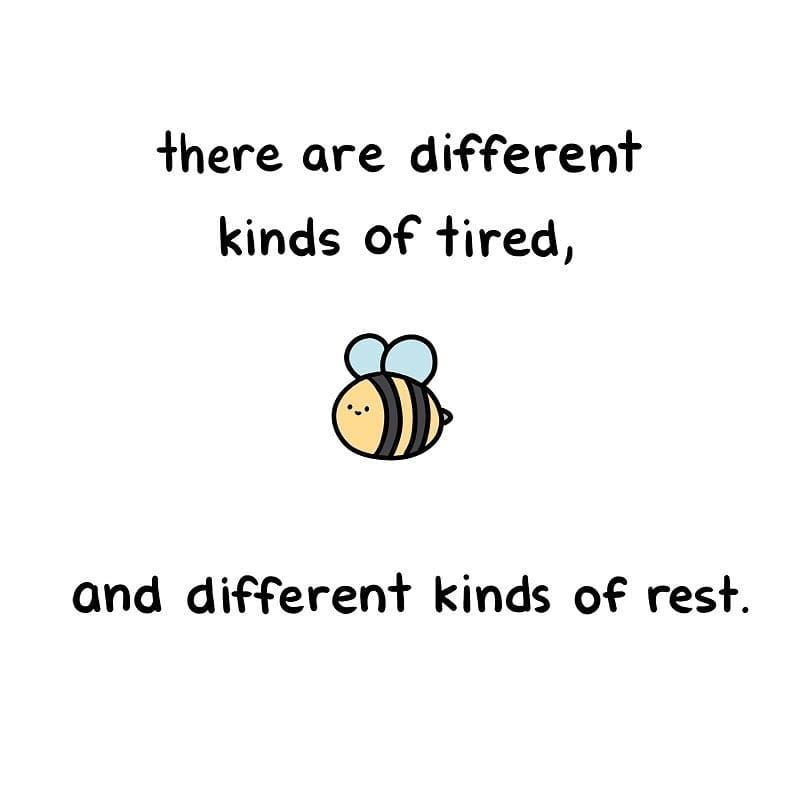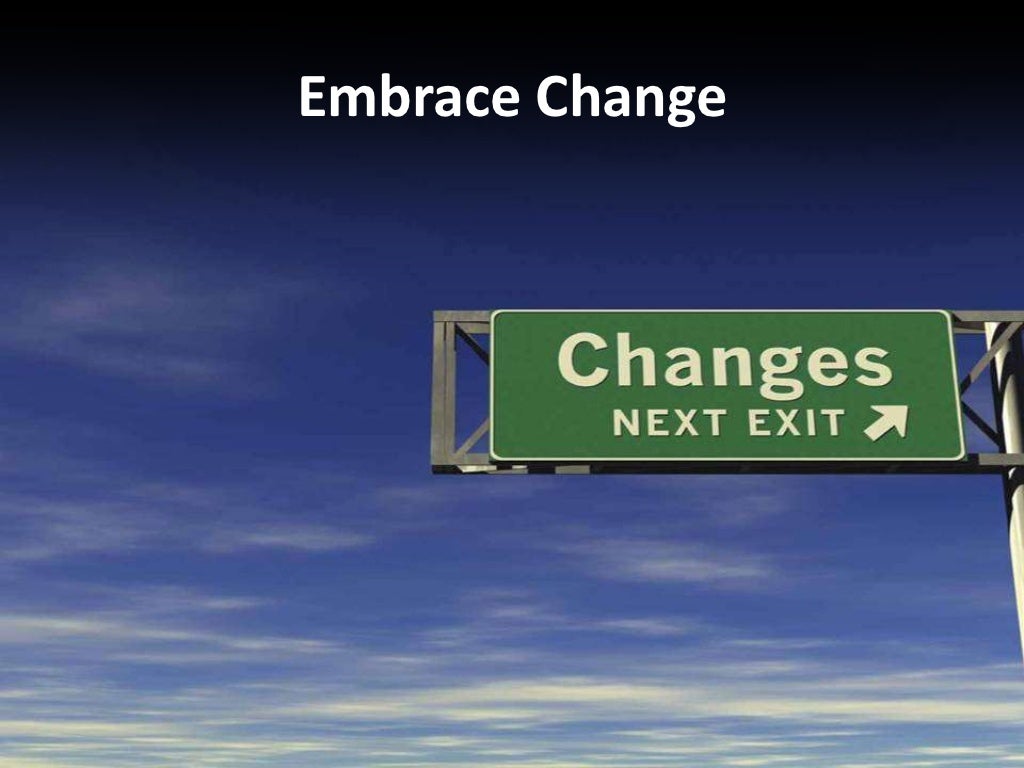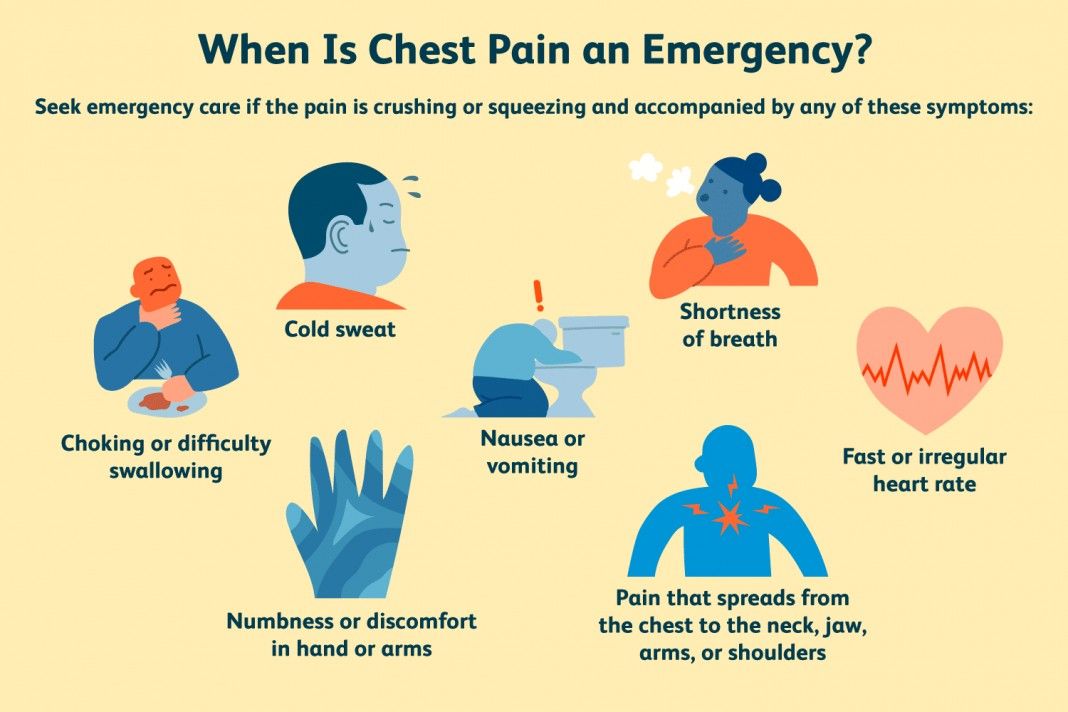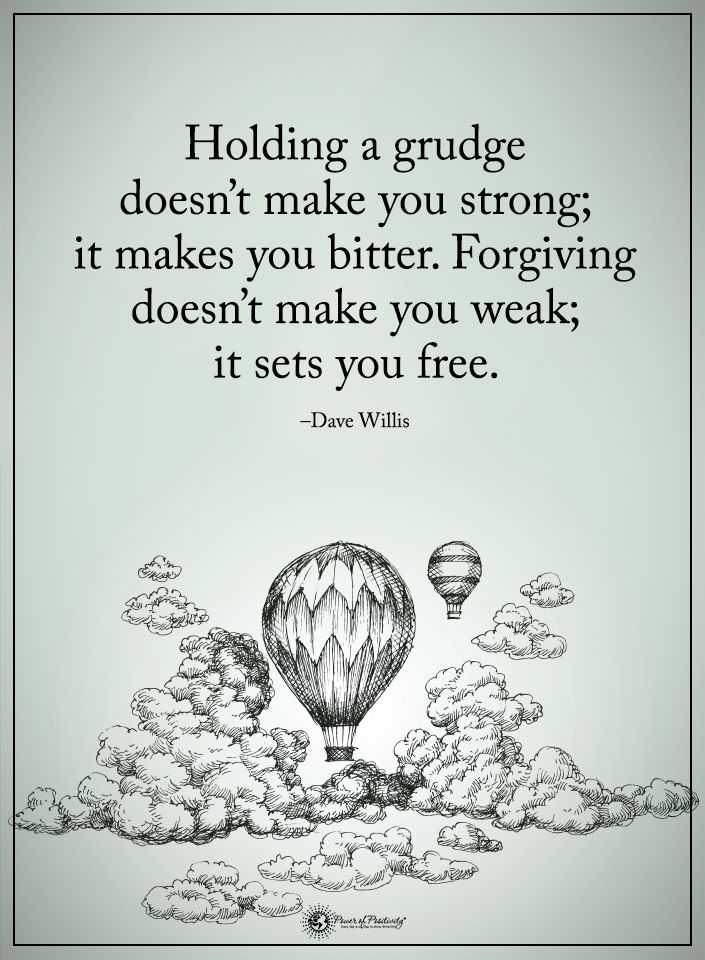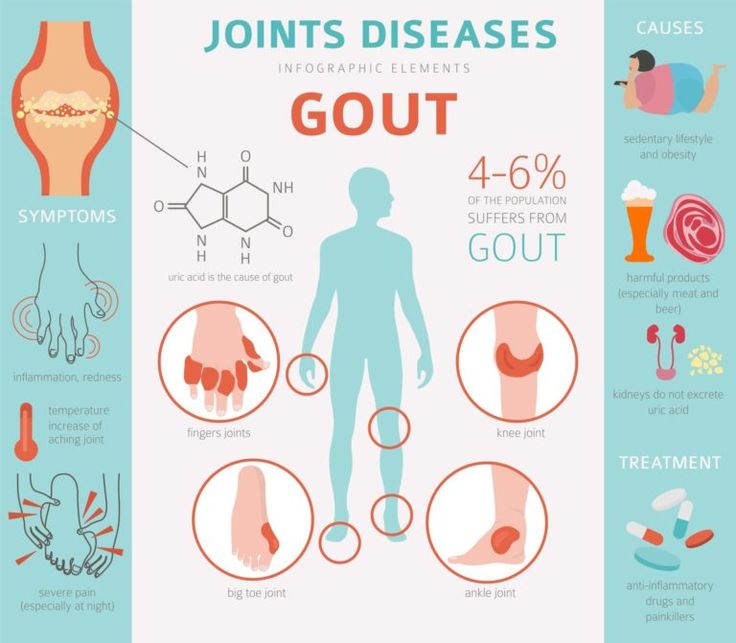Be a little selfish
When It’s OK to Be a Little Selfish
Source: ArtFamily/Shutterstock
When making joint decisions with someone else—choosing a movie to watch with your spouse or a restaurant to visit with a friend—you may face a personal decision first. Should you push for the option that you want, or put your preference aside to please your companion? Should you be selfish, or selfless?
When two people both behave selfishly or both behave selflessly, the ultimate choice tends to be farther from what they originally wanted than when one is more selfish and one is more altruistic, according to a recent paper published in the Journal of Consumer Psychology.
A team of researchers asked study participants to watch a collection of videos, such as clips of Saturday Night Live,
and rate how much they enjoyed each one. The participants also completed surveys to measure how selfish or altruistic they typically were. Two weeks later, the participants returned to the lab. They were divided into pairs and instructed to pick one video to watch together.
Compared to pairs with two relatively selfish or two relatively selfless individuals—judged by high or low scores on the selfishness survey—pairs in which one was more selfless and less selfish tended to choose videos that were closer to what each person genuinely preferred. A similar finding appeared when participants were primed to act more or less selfishly by reading a made-up news story.
“When we got selfish people together or altruistic people together, they kind of blew it,” says Michael Lowe, the lead author of the study and an assistant professor of marketing at Georgia Tech. “They ended up picking something that neither of them really wanted to watch.”
Why might this occur? People with similar temperaments often begin to negotiate, Lowe says.
In the case of two selfish individuals, each person states their true preference. But they don’t accept each other’s offer. Since neither wants to capitulate, they’ll select an item neither want but both can tolerate.
Two selfless people offer suggestions that they mistakenly believe the other might prefer. The problem with that strategy, Lowe says, is that people tend to overestimate how different others’ preferences are from their own, and so they suggest an option more distant from their desired outcome than is necessary.
Lowe speculates that couples may benefit from taking turns being the more “selfish” one when making decisions. Each partner can feel confident taking control or ceding control because they know they’ll do the opposite next time.
This strategy has proved successful in Lowe’s own relationship, he says. He and his wife used to struggle to decide where to go for dinner, each wanting the other to choose. “We found out that we actually wanted to go to the same place, but we both were trying to be nice about it,” Lowe says. “Now, we’ll make each other be honest about what we want. I’ll say, ‘You pick tonight. What do you want to do?’ It’s going really well.”
Of course, choosing a cute dinner spot isn’t especially consequential.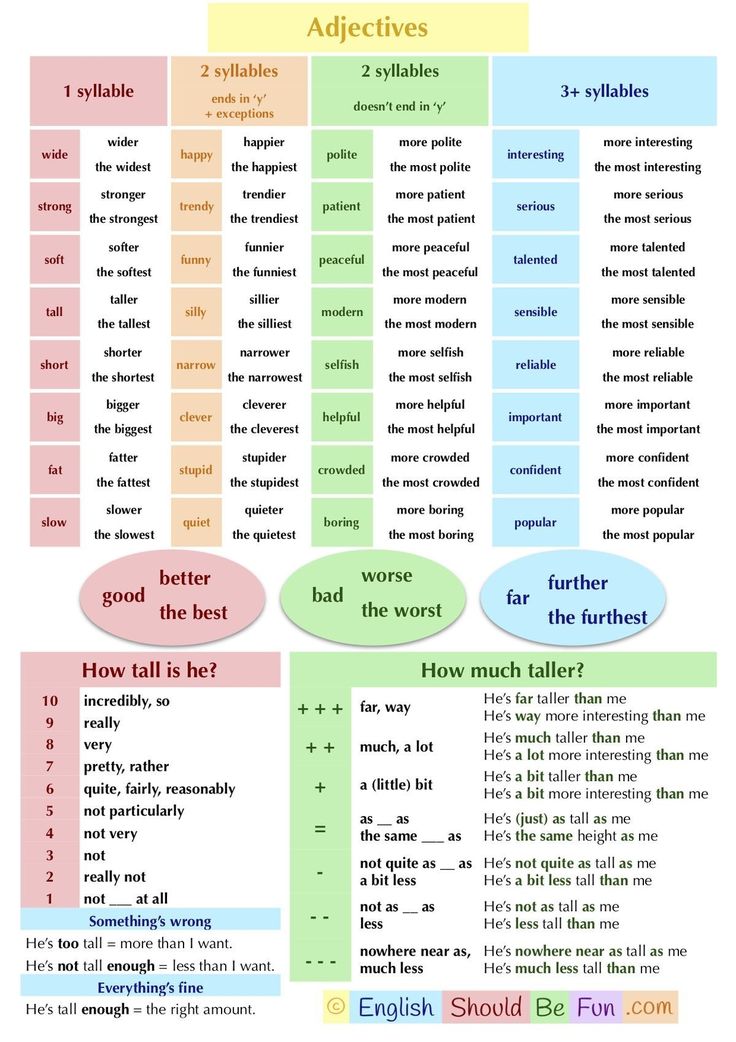 The research only explored low-stakes situations, notes Kelly Haws, a marketing professor at Vanderbilt University, who has collaborated with Lowe in the past but was not involved with the present study. The same framework might not apply to more substantial decisions—such as buying a house or naming a baby—to which people would devote more time and energy in order to secure their desired outcome.
The research only explored low-stakes situations, notes Kelly Haws, a marketing professor at Vanderbilt University, who has collaborated with Lowe in the past but was not involved with the present study. The same framework might not apply to more substantial decisions—such as buying a house or naming a baby—to which people would devote more time and energy in order to secure their desired outcome.
But for everyday decisions, one may want to be wary of simply appeasing a partner. “It’s surprising that when both people try to be nice to each other, it actually backfires,” Haws says.
Learning to act a little selfishly may be difficult for some, Lowe notes. But it’s worth pushing past the discomfort, he says, especially in a relationship in which decisions must frequently be made, or in a big group at a standstill.
“Sometimes groups need someone who will say what they want and take the lead,” Lowe says. “I wouldn’t suggest always doing that. But if you can tell that someone is reluctant to make a decision, go ahead and say, ‘Let’s go here, it’ll be great. ’ Having someone take the lead is often really appreciated.”
’ Having someone take the lead is often really appreciated.”
When It’s OK to Be Selfish
Self-care: We hear it all the time now — or, more accurately, see it on Instagram as skin care products, fizzy bath bombs, yoga poses, açai bowls, and more. But self-care is more than what’s commercialized on our social media feeds.
Self-care started as a way to physically take care of yourself. It then evolved into caring for your emotional well-being, and even more so the overall healing for women, people of color, and more marginalized communities.
Then why are we still feeling like self-care is selfish?
Maybe you’ve just called off dinner, declined an invite where your ex will be, or even just said no to anything. This might leave you feeling a little selfish or guilty.
It doesn’t matter that you’re emotionally and physically exhausted, or that your mental health is suffering. You might lie awake in bed, thinking about how you should have done something different or been better in some other way.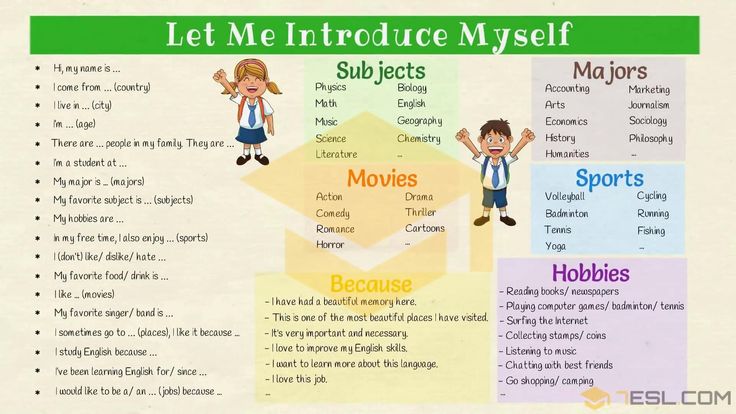 Saying no feels like a failure, like you’re incompetent or unequipped to handle day-to-day life.
Saying no feels like a failure, like you’re incompetent or unequipped to handle day-to-day life.
But if staying in helps you prioritize yourself and your own energy and healing, are you really being selfish?
When the word “selfish” comes to mind, it often sparks negative connotations at first. We think self-centered, self-serving, self-involved. And we’re supposed to avoid thinking only “me and my interests,” right? To instead try to live for the good of all humankind, since giving is taught as preferential to taking?
Even though it’s defined as being concerned with only your own personal pleasure and profit, as well as lacking consideration for others, we still think of selfish as the times when we’re simply putting ourselves first.
But we can’t see it in black and white. For instance, we’re told we need to adjust our own oxygen mask first before helping others in a plane emergency. Or to make sure the scene is safe for you before helping anyone who’s hurt. No one would call us selfish for following those instructions.
No one would call us selfish for following those instructions.
Just like all things, there’s a spectrum. Sometimes the right thing is to be “selfish.” And just because someone defines something you’ve done as selfish (like opting out of their party), doesn’t mean you have to define it on their terms.
Sometimes being “selfish” isn’t a bad thing. There are times when being selfish is the right thing to do for your health and well-being. These are also times when taking care of yourself is necessary.
Here are some of those times:
1. You need help
Everyone needs help from time to time, but we often avoid seeking it. Whether we acknowledge it or not, sometimes asking for help can make you feel incompetent, weak, or needy — even if not asking for help means adding unnecessary stress.
But asking for help when you need it is important. If the stress of a work project is getting to you, ask a co-worker for assistance or delegate tasks. If you need companionship, ask a friend for support.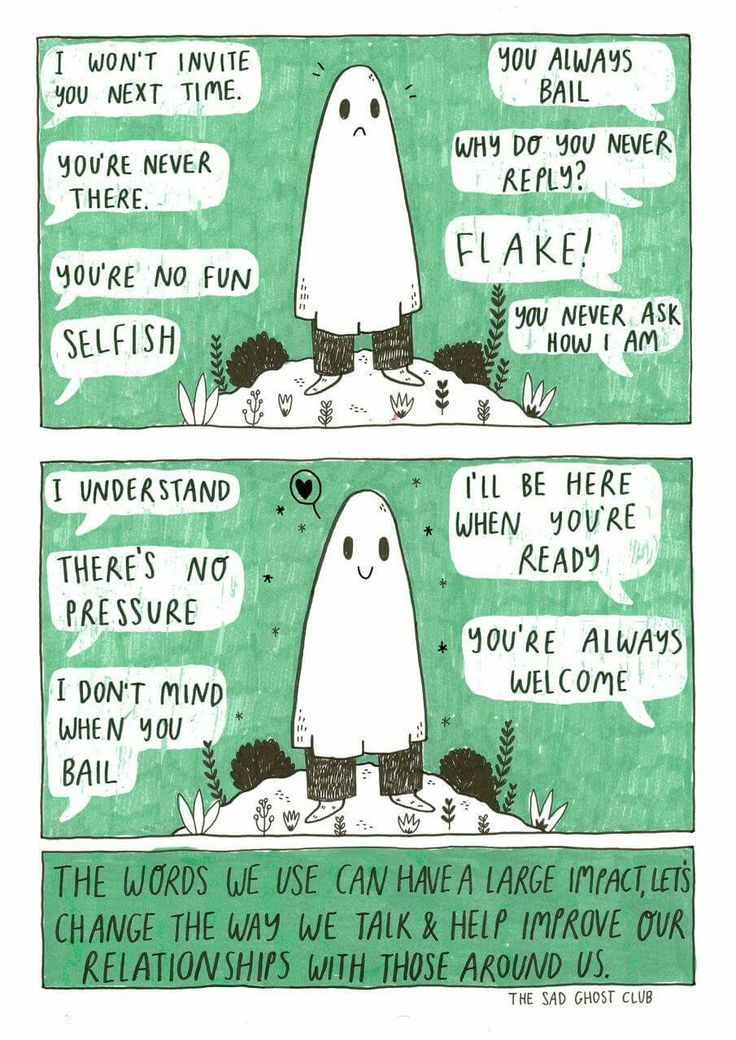 If you need an unbiased outside voice, seek therapy.
If you need an unbiased outside voice, seek therapy.
2. You need to rest
When you’re feeling tired — it doesn’t matter if it’s emotionally, mentally, or physically — it’s time to rest. Sometimes, that just comes down to sleep.
There are a number of consequences to not getting enough sleep, including trouble focusing, a weakened immune system, and memory issues. Skipping too much sleep can even have a negative impact on your relationships. But we often feel like we have to keep going. Sometimes sleep isn’t at the top of our priorities.
But the fact is we need rest. If you’ve been working late and skipping sleep, it’s time to find some work-life balance. And the next time you choose to go home and sleep instead of grabbing drinks with friends, that’s OK. If that’s called selfish, it’s the kind you want to be.
Resting doesn’t always mean sleeping, either. Whether your brain is feeling off-balance or you have a health condition flare up, consider it a sick day and take the time off. And don’t feel obligated to do the laundry since you’re at home. Read a book in bed, binge-watch a show, or take a nap.
And don’t feel obligated to do the laundry since you’re at home. Read a book in bed, binge-watch a show, or take a nap.
If you’re feeling fatigued, exhausted, or in pain, it’s time to get some extra rest and not feel guilty about it. Rest is essential to any type of recovery.
3. You just need alone time
Some people might not get it when you choose staying home over going out. If that’s what you’re in the mood to do, don’t feel selfish for wanting to be alone.
We all need alone time sometimes, and some people need more than others. Social interactions can be exhausting for some people. There’s no shame in taking time for yourself.
If you’ve been going nonstop, your mood is all out of whack, or you need to reevaluate your relationships, now may be a good time to plan some alone time.
You don’t need to fill your calendar with social events unless you want to. Run a bath, unplug, and have that “me time” you’ve been craving.
4. It’s time to end a relationship, job, or living situation
It’s never easy breaking up with a significant other, moving to a new city, or quitting a job.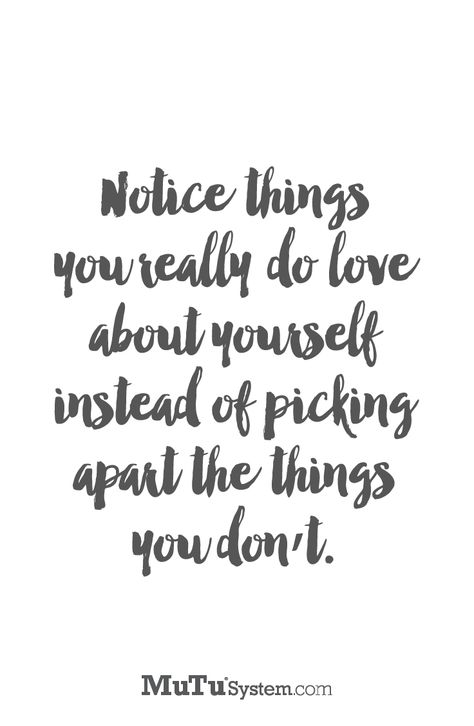 If you feel bad when you interact with someone or dread encountering them again, it’s time rethink your relationship.
If you feel bad when you interact with someone or dread encountering them again, it’s time rethink your relationship.
We often stay in friendships or relationships because we’re scared of hurting someone. But when it comes to relationships that are damaging, sometimes you need to put yourself first.
It’s not self-sustaining to continue a relationship — or job or anything, especially one that’s in any way abusive — that no longer makes you happy. If something is affecting your well-being, it might be time to say goodbye.
5. Give is being significantly outweighed by take
Although it can fluctuate, any relationship should have a good balance of give-and-take. But when the scales tip so that all you’re doing is giving and all they’re doing is taking, it might be time to do something.
The balance of give-and-take is especially important when living with someone. Do you find yourself doing all the errands and chores when you get home from work while they come home and put their feet up? It’s important to have balance to avoid both resentment and fatigue.
Depending on the situation, you may choose to talk to them, take a short break to recharge, or cut them out completely. It’s not selfish to prioritize your own needs over others if the act of giving is causing you more harm.
6. To avoid burnout, after work or in your personal life
Everyone is susceptible to burnout or work exhaustion. Certain professions can be exceptionally draining. When burnout occurs, it can hurt both your professional and personal life.
One study even points out that for mental health professionals, it could be “ethically imperative” to practice self-care.
So when clocking-out time comes, truly clock out. Turn off your work notifications, snooze your email, and deal with it tomorrow. Most of the time, whatever it is can be handled just as well tomorrow instead of in the middle of dinner.
No matter what you do, make sure you have time to separate yourself from work. Creating this work-life balance can help you avoid burnout and bring more happiness to your personal life.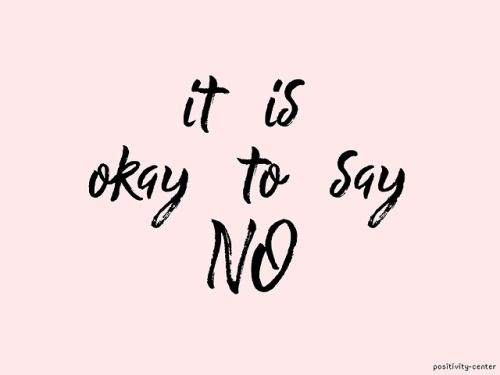
Don’t neglect yourself and your health to avoid feeling selfish. Selfishness doesn’t have to be a bad thing. It can be good to be a little selfish to take care of your emotional, mental, and physical well-being.
Many people who focus entirely on give, give, give end up overwhelmed, fatigued, and stressed. And chronic stress has been linked to a number of health risks, including conditions like diabetes, cancer, and mental illnesses.
You can reduce your stress by being a little selfish now and then and practicing some good ol’ self-care.
Here are some ways to start self-care tonight:
- Try out some relaxing yoga poses.
- Practice mindfulness.
- Get outside.
- Take a bath.
- Make some soothing tea.
- Get better sleep.
- Practice a hobby, like gardening, crafting, or baking.
Whatever you do, remember to take care of yourself. And don’t forget, it’s never selfish to do so.
Jamie Elmer is a copy editor who hails from Southern California. She has a love for words and mental health awareness and is always looking for ways to combine the two. She’s also an avid enthusiast for the three P’s: puppies, pillows, and potatoes. Find her on Instagram.
She has a love for words and mental health awareness and is always looking for ways to combine the two. She’s also an avid enthusiast for the three P’s: puppies, pillows, and potatoes. Find her on Instagram.
How to become more selfish and why you need it
The most selfless people are often the most unhappy because they end up alone with their own selflessness, which obviously does not bring any benefit. No matter how talented, strong and smart a person is, without a certain amount of selfishness he cannot succeed. The world is so arranged, and life confirms it, it remains only to determine the very necessary share of egoism so that it does not grow into something disgusting or miserable.
Without selfishness one cannot achieve heights
If one spends all one's strength and resources on others, even close friends or dearest people, nothing will be left for oneself. At the same time, there are no guarantees that when necessary, they will answer you in the same way, if only because they may simply not have such an opportunity.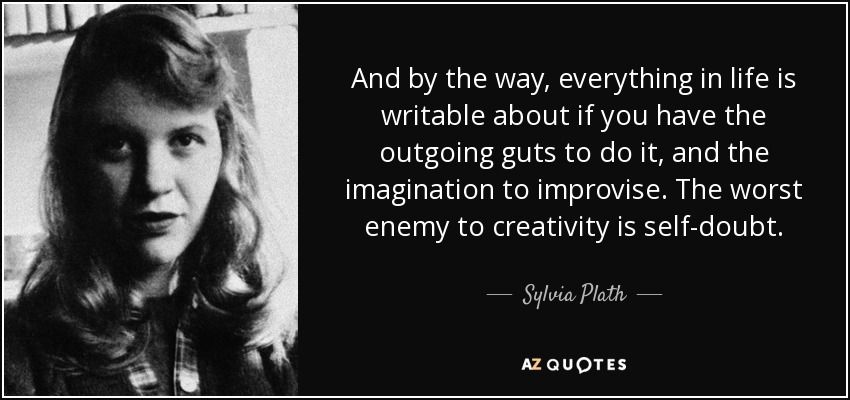 This does not mean that you need to become a miser like Scrooge McDuck, it is not necessary to refuse everyone everything - this way you can be completely without friends. However, at the stage of laying the foundation of your life, your future should be an unconditional priority. Later, when you reach the heights, and if you want, you can become selfless.
This does not mean that you need to become a miser like Scrooge McDuck, it is not necessary to refuse everyone everything - this way you can be completely without friends. However, at the stage of laying the foundation of your life, your future should be an unconditional priority. Later, when you reach the heights, and if you want, you can become selfless.
Until then, your unbuttoned shirt functions as a sail that fills with endless begging winds. They complicate an already difficult ascent, as a result, forces can run out halfway through, or even break completely. It is doubly important to be selfish if you really have enough strength and talents. When you reach the very top, you can give a hand to those who are lagging behind, if you do not forget about them.
How will your life change if you stop procrastinating
Raise your professional level
Selfishness can be very different, including funny and pathetic, exaggerated and unreasonable. So that healthy self-esteem does not turn into a laughingstock, you need to constantly improve your own professional level. It does not depend on the field of activity, because in any business there is always someone better than you, which means there is always room for achievements. The higher the professional level, the more adequate your claims and desires look. Thus, selfishness can be placed in the widest range of emotional perception from the outside, from charity to an example to follow. It all depends on the particular egoist, his abilities and position.
So that healthy self-esteem does not turn into a laughingstock, you need to constantly improve your own professional level. It does not depend on the field of activity, because in any business there is always someone better than you, which means there is always room for achievements. The higher the professional level, the more adequate your claims and desires look. Thus, selfishness can be placed in the widest range of emotional perception from the outside, from charity to an example to follow. It all depends on the particular egoist, his abilities and position.
Appreciate yourself and your activities
A person who does not value himself usually quickly fades away. First morally, then physically, and soon ceases to live, choosing existence. No philosophy, only materialism, for example, if you become indifferent to your own body, it will quickly weaken, become fat and lose shape. No one will like such a body, but the root cause of the changes is in your attitude towards it. It was you who did not appreciate your own body, which is actually one and for life.
It was you who did not appreciate your own body, which is actually one and for life.
The problem with the physical form can be solved by training, additional loads. The process is not very fast and certainly not the most pleasant - about the same way you can “fix” self-esteem. However, this is not empty whining, not complaints to the whole world, but real and hard work that must be done independently on oneself. Appreciating yourself and your own activities is important because otherwise you will be treated like a beloved pet, and this is at best.
8 examples of how someone else's envy ruins your life
Selfishness makes you freer
If every morning you don't have a good morning because you have to go to a job you hate, if all this has been going on for several years, there is only one way out - go to the doctor and ask him to prescribe pills of selfishness. Egoism has a special additive that neutralizes excessive patience, stimulating change.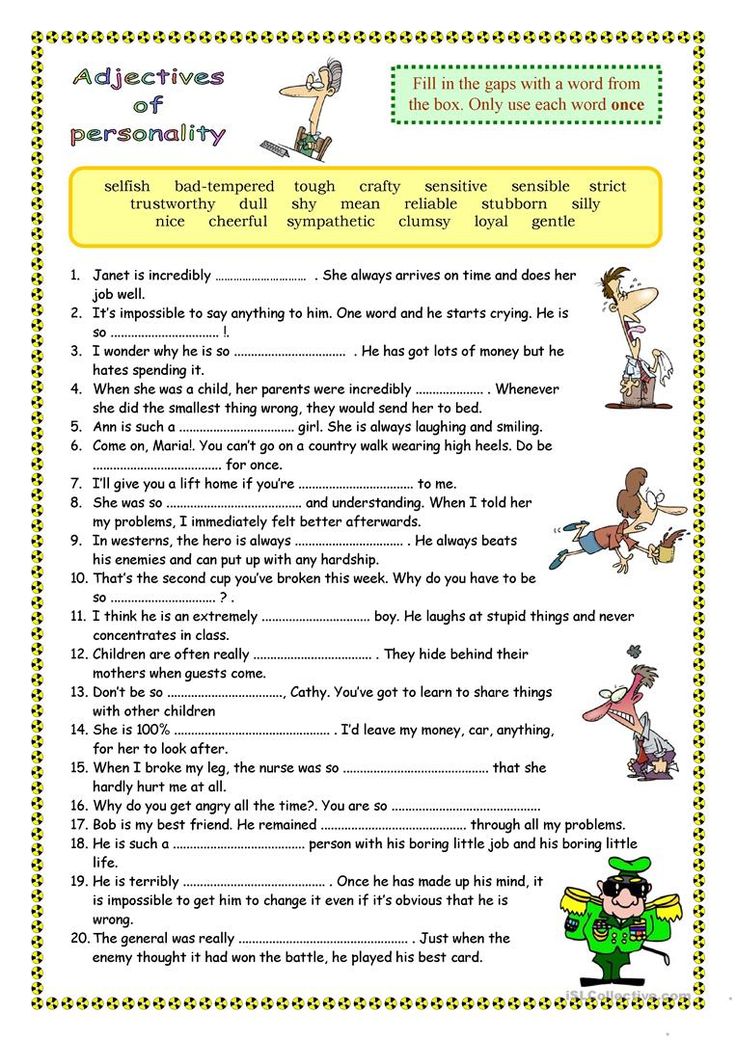 In general, even now you are free to change your life as you like, but there are always reasons to endure a little more. Only this “a little more” usually stretches to infinity, and the general situation becomes more complicated. One day there will come a moment when no pills will help, because the habit of enduring will replace all other feelings and desires. Do not tolerate what is unbearable.
In general, even now you are free to change your life as you like, but there are always reasons to endure a little more. Only this “a little more” usually stretches to infinity, and the general situation becomes more complicated. One day there will come a moment when no pills will help, because the habit of enduring will replace all other feelings and desires. Do not tolerate what is unbearable.
Don't confuse healthy egoism with an overestimated HR
An overestimated HR is when a person who is nothing of himself, often unprofessional even within the chosen field of activity, is sure of his indispensability, almost being chosen. This position is as far from healthy selfishness as the North and South Poles. The landscapes seem to be similar, everything is covered in snow and wild cold, but on the one hand there are penguins and there is soil under the ice, and on the other there are only icebergs and emptiness.
Healthy selfishness is rather the result of a sober assessment of one's position, perhaps with some artificial colors and flavors. However, he does not distort the picture beyond recognition, but rather indicates the direction, albeit implicitly. Simply put, like everything else, selfishness needs a reasonable balance, otherwise it will turn into something completely different and definitely not healthy.
However, he does not distort the picture beyond recognition, but rather indicates the direction, albeit implicitly. Simply put, like everything else, selfishness needs a reasonable balance, otherwise it will turn into something completely different and definitely not healthy.
Without egoism you will always be led
Egoism does not tolerate blind submission, and if it does, it is only for the purpose of gaining experience and speedy release. A person devoid of egoism, on the contrary, is ready to endlessly do something for the sake of someone, remaining in eternal subordination to other people's interests. Both positions can be praised and equated with virtue. However, in one case, you will sing of yourself, reaping the fruits and accumulating good. Otherwise, others will sing to you, collecting the fruits of your labor.
10 Ways to Stop Taking Life Too Seriously
Other related articles:
for life
Being selfish... is necessary! Why? | Psychology
Mom and dad have been gone for a long time, but the person continues to work, because "it is necessary" (who needs it?).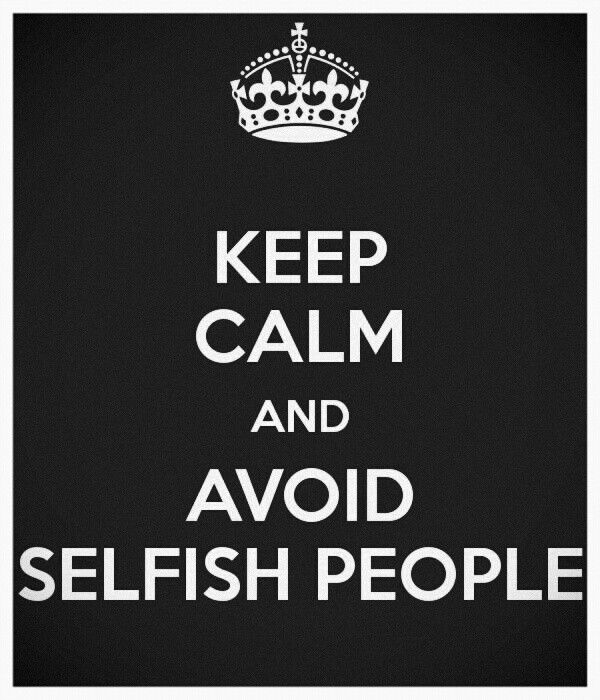 Often to the detriment of their own health.
Often to the detriment of their own health.
Resting is generally considered bad manners. Only a sloth can afford to rest. And all normal people work. This is how all life goes. And somewhere, in his declining years, depressing questions appear: “Why did you live?”, “What good did you see?”, “What did you achieve?”, “What did you suffer, work for?” etc.
Selfishness - behavior entirely determined by the thought of one's own benefit, benefit, when an individual puts his own interests above the interests of others (Wikipedia). Approximately such a definition can be given by any reasonable person. However, not everyone understands and accepts such a concept as reasonable egoism. Reasonable egoism is the ability to live in one's own interests without contradicting the interests of others. As they say, feel the difference!
And I dare say that it is vital for each of us to be a reasonable egoist!
Why is it good to be a reasonable egoist?
Because such an egoist knows how to understand and fulfill his desires.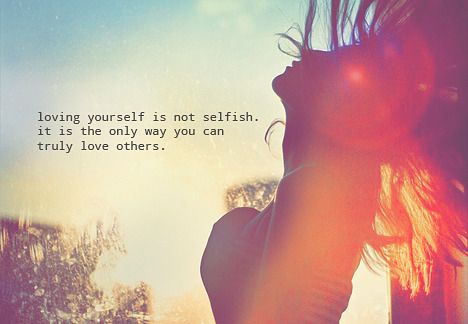 What regularly and practices. Which means he is a happy person. And the one who is happy within himself sows joy around, and not melancholy and darkness.
What regularly and practices. Which means he is a happy person. And the one who is happy within himself sows joy around, and not melancholy and darkness.
A reasonable egoist is able to understand and fulfill not only his own desires, but also the desires of those around him. And, unlike a non-egoist (or an unreasonable egoist), he does not expect anything in return. He did a good deed, threw him into the river and forgot! It's a pleasure to do business with such a person!
An egoist knows how to say “no” when things get awkward. By the way, he is respected for it. Refusal means: "I will not be able to fulfill your request properly." But consent implies: "Everything will be done in the best possible way!". Can you imagine how nice it is when your request is fulfilled according to your personal desire? And what is the resulting quality? Much better and higher than what is done by internal compulsion: "I must be good"! In fact, it is not help that is provided, but “goodness” is proved. And this, as practice shows, is a big difference.
And this, as practice shows, is a big difference.
If a person knows how to say “no”, then he knows how to accept a refusal. Hello, with understanding, without complaints and resentment. That is, the interlocutor of the egoist is allowed to have his own desires, to weigh and make decisions himself. It is very nice.
By the way, the hero of this description sometimes puts his desires above the desires of others. And this, in turn, means that he exists for himself, and not for someone else. He will have time to fulfill all his deeds and intentions in this life. And he is never tormented by the question: “Why did you do it?” or “Why did you live?”. He lived and did for himself! For myself, anyway, not in vain. This feeling is worth it.
Inner knowledge “not in vain” can inspire anyone to great deeds. As opposed to the eternal "in vain" of the one who tries to please everyone. A healthy member of society does not experience excruciating pain from the eternal choice: himself or someone else. He just knows when he is ready to sacrifice his interests, and when not. And everything he does so harmoniously comes out, okay, it's a pleasure to watch!
An egoist is a person who loves himself. Imagine how great it is to always live in love! But that is not all. The one who loves himself knows how to love other people. And this means that those around a reasonable egoist are at least surrounded by his good attitude. At the very least, love.
So it turns out that a reasonable egoist is a happy and harmonious person in everything.